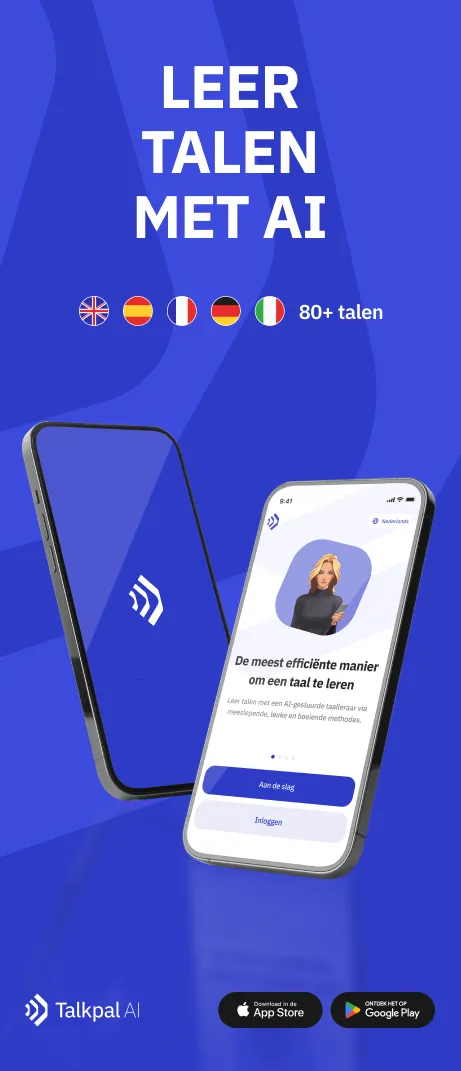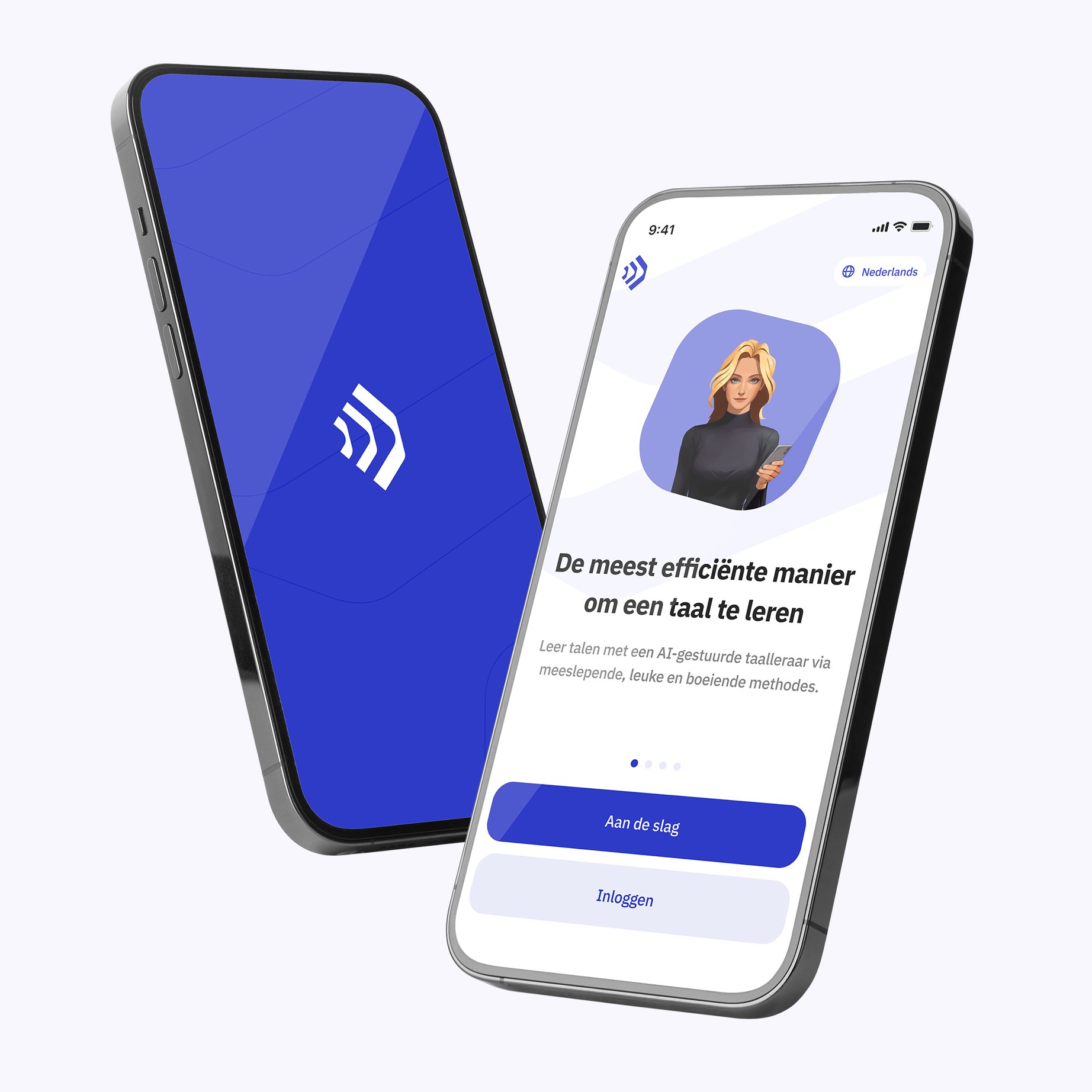Door het invullen van de onderstaande zinnen, kun je jouw kennis van Engelse modale werkwoorden testen en aansterken. Let goed op de context en het gebruik van de modale werkwoorden om de juiste vorm te kiezen. De oefeningen zijn bedoeld voor zowel beginners als meer gevorderde studenten die hun vaardigheden willen verbeteren.
Oefening 1: Modal Verbs – Kunnen, Moeten en Zouden
You *can* (ability) swim very well.
She *must* (obligation) finish her homework before going out.
They *should* (advice) eat more vegetables to stay healthy.
I *might* (possibility) come to the party if I’m not too tired.
We *would* (conditional) like to visit France next year.
He *could* (past ability) speak three languages when he was young.
You *mustn’t* (prohibition) smoke in this building.
She *would* (polite request) like to have some water, please.
They *may* (permission) enter the conference room now.
We *shouldn’t* (advice not to) stay up too late on a work night.
I *ought to* (moral obligation) visit my grandparents more often.
He *will* (future) start his new job next Monday.
You *don’t have to* (lack of necessity) wear a tie to the meeting.
She *might not* (possibility of not) be at home when you call.
They *could* (past possibility) have won the match, but they didn’t play well.
Oefening 2: Modal Verbs in Verschillende Tijden
She *has to* (present obligation) study tonight for her exam.
They *had to* (past obligation) cancel their trip due to the storm.
I *will have to* (future obligation) work overtime next week.
You *didn’t have to* (past lack of necessity) bring any food to the party.
We *would be* (conditional form) happier if we lived closer to our family.
He *should have* (past advice) taken the medicine the doctor prescribed.
You *could have* (missed opportunity) called me for help.
She *would have* (past conditional) accepted the job offer if she hadn’t moved.
They *might have* (past possibility) missed the bus this morning.
We *shouldn’t have* (regret) eaten so much junk food.
I *must have* (logical conclusion) forgotten to lock the door when I left.
He *couldn’t* (past inability) understand the instructions.
You *won’t have to* (future lack of necessity) worry about transportation; I’ll pick you up.
She *may have* (speculation) already left for the airport.
They *can’t* (inability) come to the meeting this afternoon.










